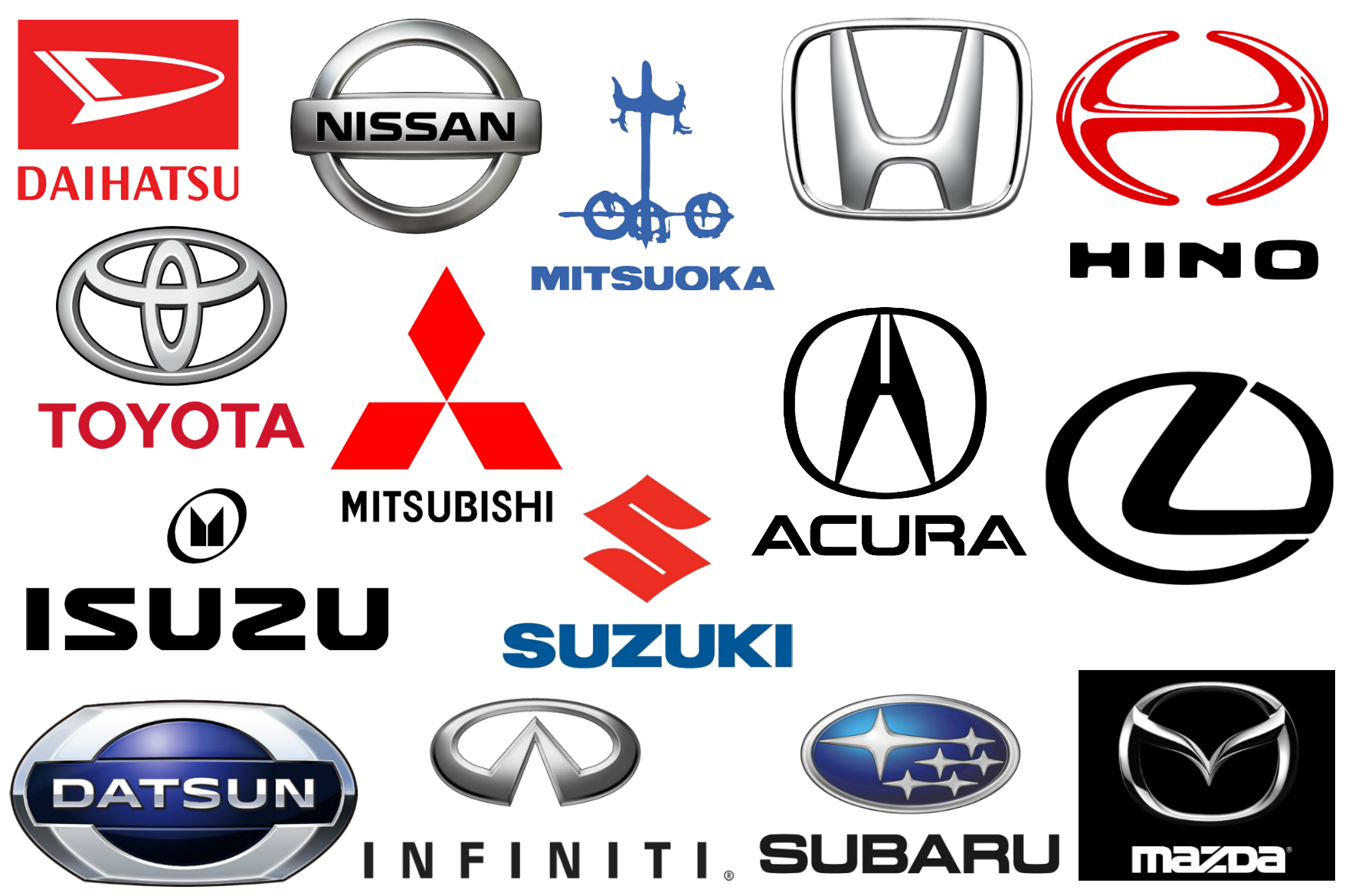Hybrid Vehicles for Fuel Efficiency and Performance represent a significant advancement in automotive technology, offering a compelling blend of environmental consciousness and driving excitement. This technology, which combines a traditional gasoline engine with an electric motor, has revolutionized the way we think about transportation, ushering in a new era of fuel efficiency and performance.
The journey of hybrid vehicles began decades ago, with early prototypes demonstrating the potential of this innovative approach. Today, the market is teeming with a diverse range of hybrid models, catering to a wide spectrum of consumer needs and preferences.
From mild hybrids, which provide a subtle boost in fuel economy, to full hybrids, capable of running solely on electric power for short distances, and plug-in hybrids, which offer extended electric range, the hybrid landscape is constantly evolving.
Introduction to Hybrid Vehicles

Hybrid vehicles represent a significant advancement in automotive technology, combining the power of an internal combustion engine (ICE) with an electric motor to achieve optimal fuel efficiency and performance. This innovative approach offers a compelling alternative to traditional gasoline-powered vehicles, contributing to a greener and more sustainable transportation landscape.Hybrid technology has been in development for over a century, with the first hybrid vehicle, the Flocken Elektrowagen, emerging in 1900.
Hybrid vehicles offer a compelling blend of fuel efficiency and performance, but their complex systems require specialized insurance coverage. Military members seeking boat insurance should consider USAA, which offers competitive rates and tailored policies for those serving our country.
Boat Insurance Quote USAA: A Guide for Military Members provides valuable insights into the coverage options available. Just as hybrid vehicles benefit from advanced technology, USAA’s digital platform streamlines the insurance process, offering convenience and peace of mind.
However, it wasn’t until the late 20th century that hybrid vehicles gained widespread recognition and commercial success. The Toyota Prius, introduced in 1997, is widely considered a groundbreaking model that propelled the hybrid market forward.
Types of Hybrid Vehicles
Hybrid vehicles are categorized into different types, each with distinct characteristics and operating principles. These categories provide a framework for understanding the diversity of hybrid technologies available in the market.
- Mild Hybrids: Mild hybrids are the most basic form of hybrid technology. They feature a small electric motor that assists the ICE during acceleration, reducing fuel consumption and emissions. Mild hybrids typically use a belt-driven starter-generator to capture energy during braking and store it in a small battery.
This energy is then used to provide an extra boost to the engine, improving fuel efficiency and reducing emissions.
- Full Hybrids: Full hybrids, also known as strong hybrids, offer a more advanced approach. They are capable of operating solely on electric power for short distances, providing a seamless transition between electric and gasoline modes. Full hybrids utilize a larger electric motor and battery pack, enabling them to achieve greater fuel efficiency and reduced emissions.
They also feature regenerative braking, which captures energy during braking and stores it in the battery for later use.
- Plug-in Hybrids: Plug-in hybrids (PHEVs) combine the benefits of both full hybrids and electric vehicles. They feature a larger battery pack that can be recharged externally using a charging station or household outlet. PHEVs can travel a significant distance on electric power alone, offering the potential for near-zero emissions driving.
However, they also have the flexibility of using the ICE for longer trips or when the battery is depleted.
Fuel Efficiency Benefits
Hybrid vehicles are renowned for their fuel efficiency, achieving significant savings compared to traditional gasoline-powered vehicles. This enhanced efficiency stems from their innovative design, which combines a gasoline engine with an electric motor and a battery pack.
Hybrid vehicles are increasingly popular for their fuel efficiency and performance, but owning any vehicle comes with its own set of financial considerations. In Rhode Island, securing the right home insurance policy is crucial for protecting your investment, and Rhode Island Home Insurance Quotes: A Guide for Homeowners provides valuable insights on navigating this process.
While a hybrid vehicle may reduce your fuel costs, it’s essential to ensure you have adequate coverage in case of accidents or unforeseen events.
How Hybrid Vehicles Achieve Better Fuel Economy
Hybrid vehicles utilize a combination of gasoline engine power and electric motor assistance, resulting in improved fuel economy. The electric motor provides additional power during acceleration, reducing the load on the gasoline engine. Moreover, the regenerative braking system captures energy during deceleration, which is then stored in the battery pack, further contributing to fuel savings.
Fuel Efficiency Comparisons of Different Hybrid Models
The fuel efficiency of hybrid vehicles varies depending on factors such as engine size, driving conditions, and vehicle weight. Generally, smaller hybrid vehicles tend to be more fuel-efficient than larger models.
- The Toyota Prius, a popular hybrid model, boasts an average fuel economy of 54 miles per gallon (mpg) in combined city and highway driving.
- The Honda Insight, another well-known hybrid, achieves an average fuel economy of 55 mpg.
- Larger hybrid SUVs, such as the Toyota Highlander Hybrid, offer impressive fuel efficiency for their size, achieving an average fuel economy of 36 mpg.
Impact of Hybrid Technology on Reducing Greenhouse Gas Emissions
Hybrid vehicles play a crucial role in reducing greenhouse gas emissions, a significant contributor to climate change. By utilizing a combination of gasoline and electric power, hybrid vehicles emit fewer greenhouse gases than traditional gasoline-powered vehicles. The reduction in emissions is primarily attributed to the electric motor’s ability to assist the gasoline engine, reducing fuel consumption and emissions.
Hybrid vehicles offer a compelling blend of fuel efficiency and performance, appealing to environmentally conscious drivers seeking a balance between economy and power. As you explore your options, remember to consider insurance costs, which can vary depending on the specific make and model.
For a comprehensive guide on obtaining a USAA insurance quote, visit Get a USAA Insurance Quote: A Comprehensive Guide. With the right insurance coverage, you can confidently enjoy the benefits of a hybrid vehicle, including reduced fuel consumption and lower emissions, while knowing your investment is protected.
A study by the Union of Concerned Scientists found that a typical hybrid vehicle emits approximately 20% fewer greenhouse gases than a comparable gasoline-powered vehicle.
Performance Advantages
Hybrid vehicles offer more than just fuel efficiency; they also deliver enhanced performance, particularly in acceleration and torque. This is achieved through the seamless integration of an electric motor with a gasoline engine, providing a unique blend of power and responsiveness.
Performance Comparison
Hybrid vehicles often outperform gasoline-powered vehicles in various driving scenarios. The electric motor’s instant torque provides a noticeable boost during acceleration, particularly from a standstill. This translates to quicker acceleration times, especially in city driving where frequent stops and starts are common.
- Hybrid vehicles often have a higher torque output than gasoline-powered vehicles, leading to smoother and more responsive acceleration.
- Hybrids can achieve better fuel economy in stop-and-go traffic due to the electric motor’s ability to provide power without relying on the gasoline engine.
- In highway driving, hybrid vehicles can leverage their gasoline engine for longer distances, offering similar performance to traditional gasoline-powered vehicles.
Regenerative Braking
Regenerative braking is a key technology in hybrid vehicles that plays a crucial role in both performance and fuel efficiency. When the brakes are applied, the electric motor acts as a generator, converting kinetic energy into electricity and storing it in the battery.
This stored energy can then be used to power the electric motor, contributing to increased acceleration and reducing reliance on the gasoline engine.
Regenerative braking not only enhances performance by providing additional power but also improves fuel efficiency by capturing energy that would otherwise be lost as heat.
Technological Innovations

Hybrid vehicle technology is constantly evolving, with advancements in battery types, engine designs, and software enhancements driving increased fuel efficiency and performance. These innovations are paving the way for a future where hybrid vehicles play a pivotal role in sustainable transportation.
Battery Technology
The heart of any hybrid vehicle is its battery, which stores energy captured during braking and other operations to assist the engine. Recent advancements in battery technology are significantly improving the range, performance, and longevity of hybrid vehicles.
- Lithium-ion batteries:These batteries are the most common type used in hybrid vehicles, offering a good balance of energy density, power output, and lifespan. Researchers are continuously improving the efficiency and lifespan of lithium-ion batteries, leading to increased range and reduced charging times.
- Solid-state batteries:These batteries, currently in development, have the potential to revolutionize hybrid vehicle technology. They offer several advantages over lithium-ion batteries, including higher energy density, faster charging times, and improved safety. Solid-state batteries are expected to become commercially available in the coming years, significantly enhancing the capabilities of hybrid vehicles.
Engine Designs
Hybrid vehicles utilize a combination of internal combustion engines (ICE) and electric motors. Innovations in engine design are improving fuel efficiency and performance by optimizing the interaction between these two power sources.
- Downsized engines:Hybrid vehicles often feature smaller, more efficient engines compared to their non-hybrid counterparts. These engines are designed to operate at optimal efficiency, reducing fuel consumption and emissions.
- Variable valve timing:This technology allows the engine to adjust valve timing based on driving conditions, maximizing power output and fuel efficiency.
- Turbocharging:Turbochargers use exhaust gases to spin a turbine, increasing engine power and torque. Hybrid vehicles with turbocharged engines benefit from increased performance while maintaining fuel efficiency.
Software Enhancements, Hybrid Vehicles for Fuel Efficiency and Performance
Software plays a crucial role in managing the complex interactions between the engine, electric motor, and battery in hybrid vehicles. Advancements in software are enhancing performance, fuel efficiency, and driver experience.
- Predictive algorithms:Software algorithms analyze driving patterns and road conditions to optimize engine and battery usage, maximizing fuel efficiency.
- Adaptive cruise control:This feature uses sensors to maintain a safe distance from other vehicles, reducing driver fatigue and fuel consumption.
- Navigation systems:Hybrid vehicles are increasingly integrating navigation systems that optimize routes for fuel efficiency, guiding drivers towards the most economical paths.
The Future of Hybrid Vehicles
The future of hybrid vehicles is bright, with trends like increased electrification and autonomous driving shaping the industry.
- Increased electrification:Hybrid vehicles are expected to become increasingly electrified, with larger battery capacities and more powerful electric motors. This will lead to improved fuel efficiency, performance, and reduced emissions.
- Autonomous driving:Autonomous driving technology is rapidly advancing, and hybrid vehicles are well-positioned to integrate this technology. Autonomous driving systems can optimize driving patterns for maximum fuel efficiency and safety.
Hybrid Vehicle Models
Here is a comparison of features and specifications of different hybrid vehicle models:
| Model | Engine | Battery Capacity (kWh) | Fuel Efficiency (MPG) | Price (USD) |
|---|---|---|---|---|
| Toyota Prius | 1.8L 4-cylinder | 1.3 | 54 city / 50 highway | $25,000 |
| Honda Insight | 1.5L 4-cylinder | 1.3 | 55 city / 49 highway | $24,000 |
| Hyundai Ioniq Hybrid | 1.6L 4-cylinder | 1.56 | 57 city / 59 highway | $25,000 |
| Ford Fusion Hybrid | 2.0L 4-cylinder | 1.4 | 43 city / 41 highway | $28,000 |
| Lexus ES 300h | 2.5L 4-cylinder | 1.8 | 44 city / 40 highway | $40,000 |
Final Conclusion: Hybrid Vehicles For Fuel Efficiency And Performance

Hybrid vehicles have emerged as a powerful force in the automotive industry, offering a compelling solution to the pressing need for fuel efficiency and reduced emissions. As technology continues to advance, we can expect even more innovative hybrid models to hit the market, pushing the boundaries of performance and sustainability.
The future of transportation is undoubtedly intertwined with hybrid technology, promising a future where driving is both exhilarating and environmentally responsible.




